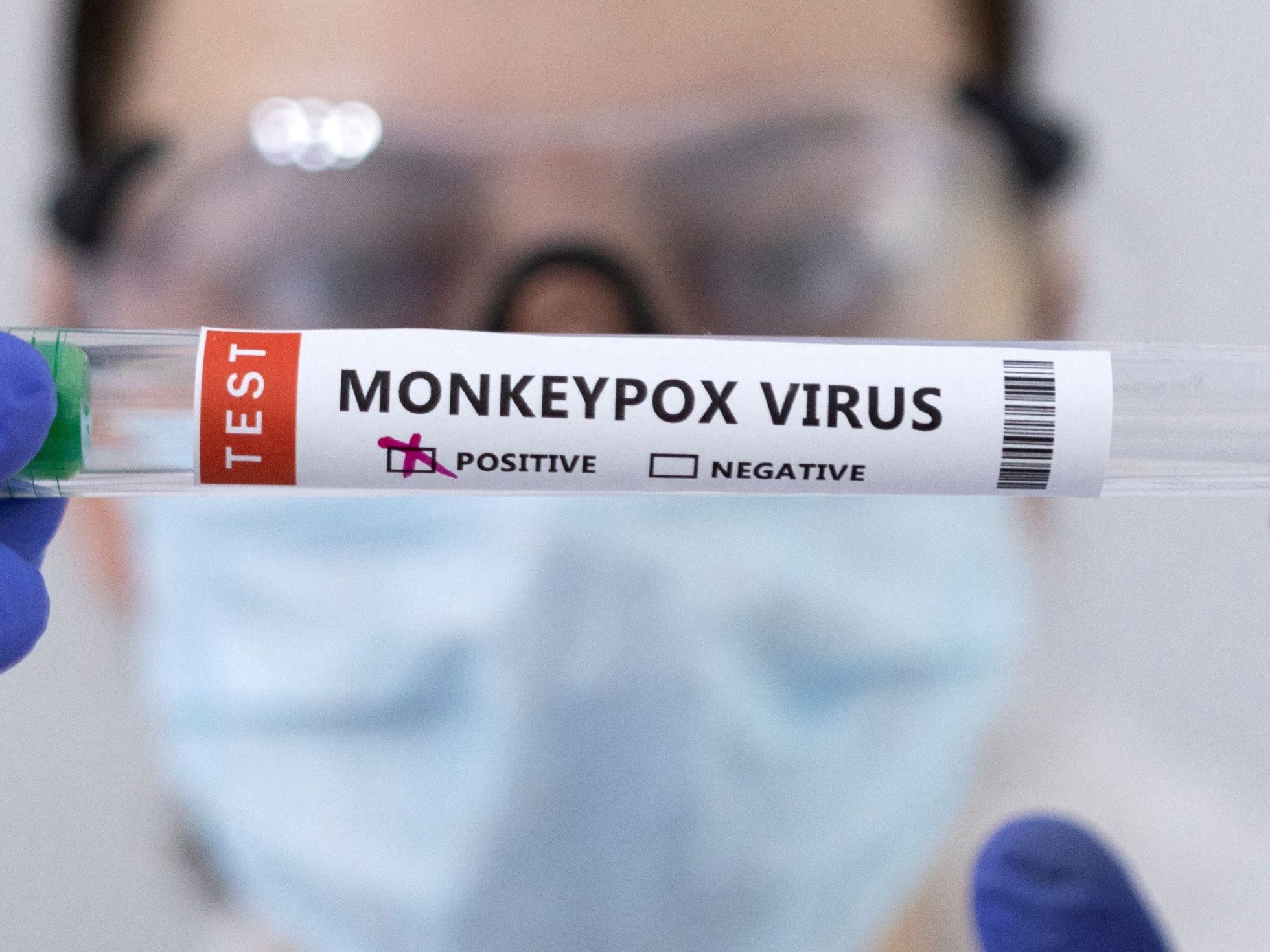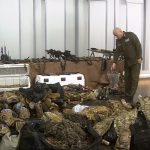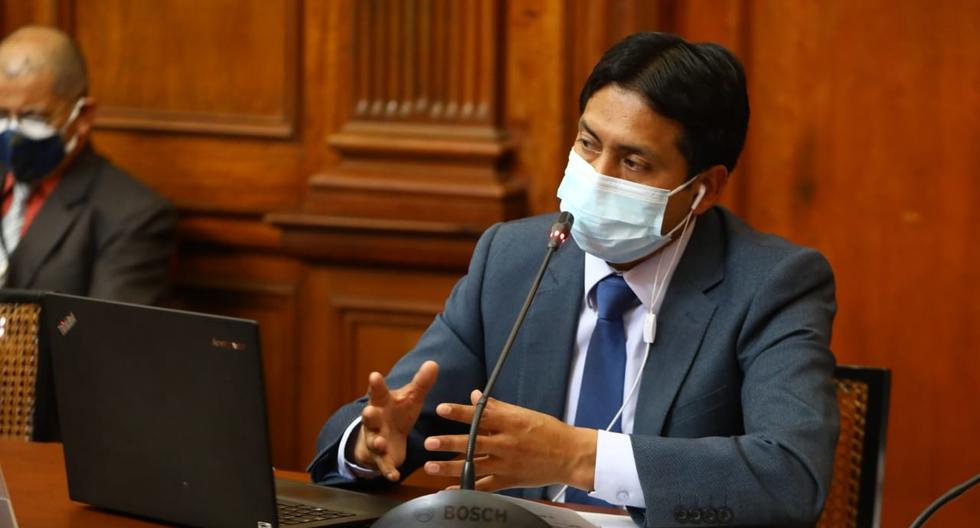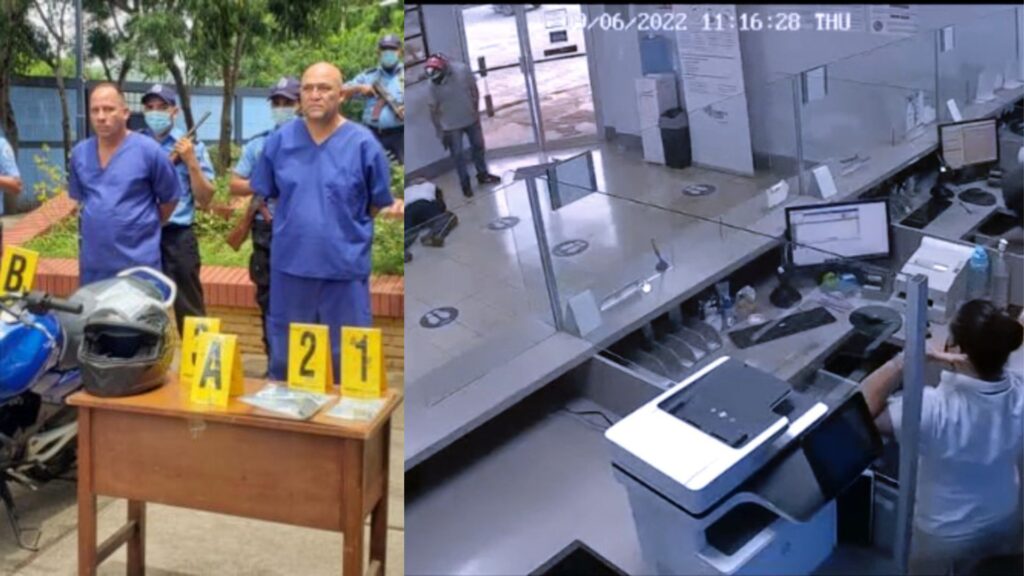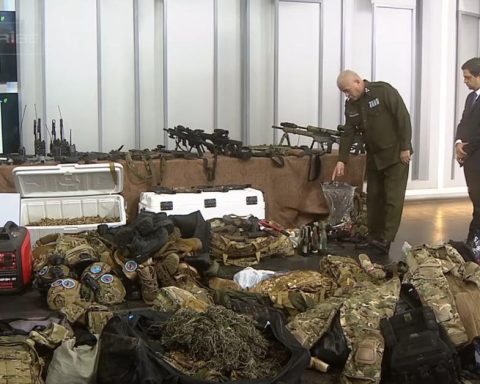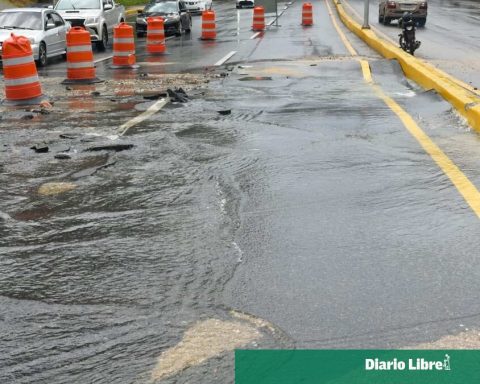The most affected countries are the United States (3,500 cases), Canada and Brazil (with about 700) and Peru (200).
“To date, no deaths from monkeypox have been reported in our region,” where almost all cases occur in men between the ages of 25 and 45 who have sex with men, PAHO said at a press conference.
But anyone “regardless of gender or sexual orientation, can get monkeypox,” said Mary Lou Valdez, deputy director of PAHO, the regional office of the World Health Organization (WHO).
Although he calls for avoiding discriminating against a group, Dr. Andrea Vicari, head of PAHO’s infectious threat management unit, considers “it is important to highlight where transmission is observed because it allows action to contain it.”
99% of cases are in men, 98% say they have sex with men, often with multiple partners, and have been infected through exposure through sexual contact.
The most frequent are infections through “close skin-to-skin contact with the person who has skin lesions.”
PAHO recommends that countries with cases take measures, such as focusing on high-risk groups, sharing the genetic sequences of the virus, applying protocols for the transport sectors in order to “detect cases that may have international relations in time ”, and provide information at entry points so that people detect any symptoms.
The first symptoms are skin lesions, in the form of a rash, pimples, blisters on the face, mouth, hands, feet, chest, genitals and anus. After, or at the same time, fever, swollen lymph nodes, headache and muscle pain may develop.
– Vaccines –
In addition, countries should consider the use of vaccines, initially developed against smallpox, but “the available evidence on their efficacy and safety is limited, as is their availability on the world market,” says Vicari.
“It is not a vaccine that is recommended for the general population” like the one used against covid-19, so the other control measures “are the most important to break transmission” because it does not spread through the air , said Marcos Espinal, interim deputy director of PAHO.
Ten countries in the region have already shown interest in acquiring this vaccine, he said, without specifying which ones.
There are different types of vaccines.
The first generation (used many years ago against smallpox) is not recommended and the second generation has “very strong side effects” in people with depressed immunity. The third generation is the most recommended “and we are in advanced negotiations with the producer,” said Espinal.
“We are hopeful that we will have vaccines this year, limited, not mass, because it is a single producer,” he added.
Ciro Ugarte, director of PAHO’s Health Emergencies, is optimistic. “We are still in time to stop the transmission and that this does not affect the economy and our societies”, he assures.
The WHO records more than 18,000 cases of monkeypox detected in 78 countries since May, 70% of them in Europe. On Saturday it activated its highest level of alert to try to contain the outbreak.
